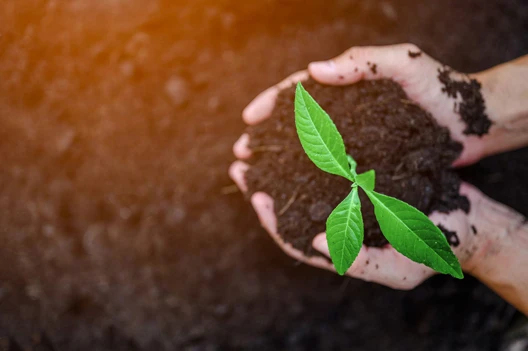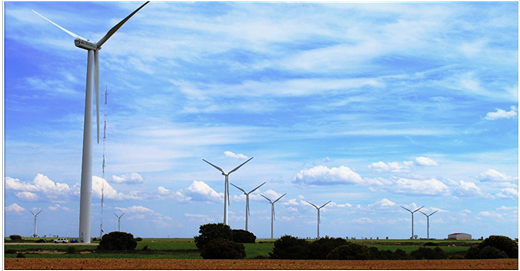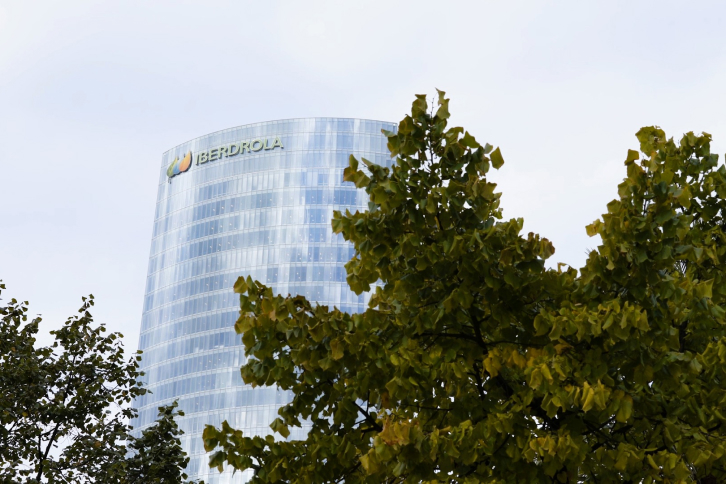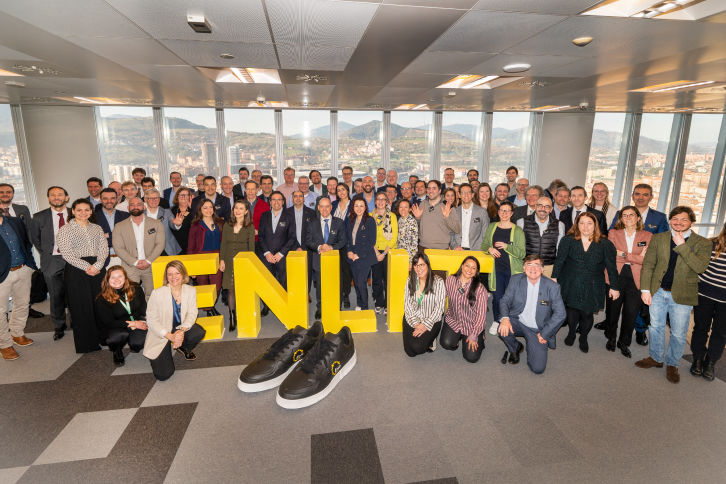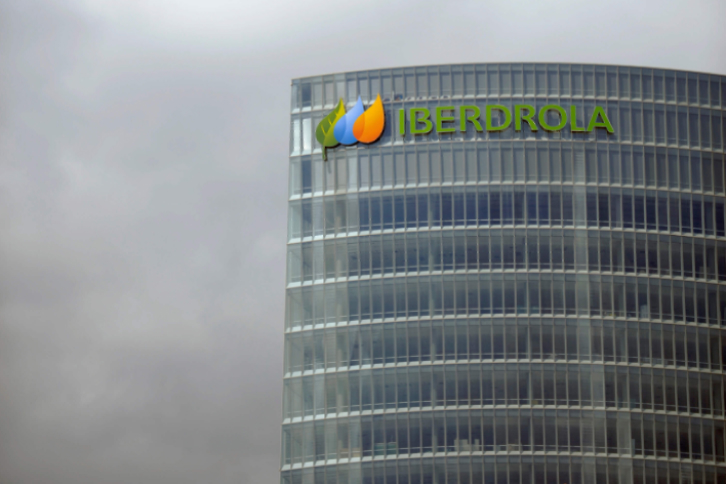Sustainability
Our growth in renewables and grids enable achieving the goal of carbon neutrality in scopes 1 and 2 by 2030 and net-zero emissions before 2040 for all scopes, including scope 3 (expressed in CO2eq).
Leaders in sustainable management and climate action

Our Investment Plan is based on more electricity grids and selective growth in renewables, to promote a safe, clean and competitive system that will accelerate the energy transition.
Respect for the environment
Our business model aims to supply reliable, quality and environmentally friendly electrical energy, through a long-term sustainable industrial project.
Against climate change
We are world leaders in the fight against climate change and we take an active role in the different Climate Summits, fully aligned with the objectives of the Paris Agreement.

Sustainability news

Publication of our Biodiversity Report 2024
A comprehensive document published biannually, it contains all the information on the Group's performance in the environmental area.






